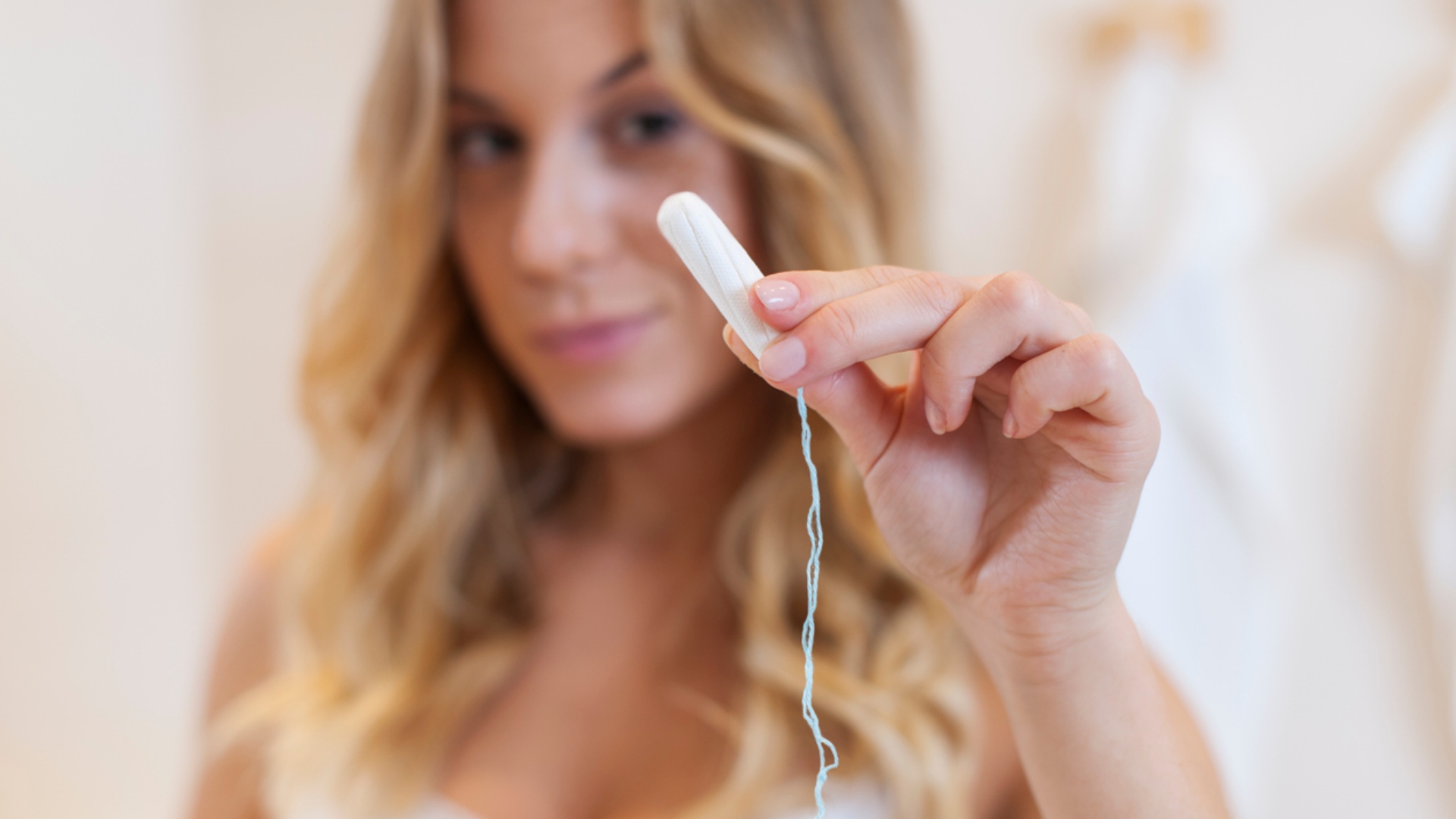
Women’s bodies do miraculous things daily. Not only can we grow brand-new human beings in our wombs, but we can also sustain their lives with our breast milk. Of course, if we don’t create human life during our menstrual cycles, we shed our uterine lining through our menstrual blood. The average girl begins her period around age 12 and goes through menopause at age 51. That means she will likely experience bleeding for about 40 years. And yet until recently, scientists never thought to use that blood for research. Suddenly, that’s changing.
NextGen Jane is a San Francisco Bay Area “femtech” start-up accepting women’s used tampons for research. Although that might seem gross to some people, it’s a very exciting advance in women’s health.
Julia Carr, its clinical research coordinator, told The Guardian that menstrual blood doesn’t bother her in the slightest.
“This is a beautiful project for women’s science, and we are exploring a novel sample type,” she said.
Labs have long used blood, saliva, and urine samples for medical testing and research. Menstrual blood collection is noninvasive and a useful way to use a bodily fluid we normally discard.
“It is an obvious biological specimen that has been totally neglected,” Christine Metz, who co-leads the Research Outsmarts Endometriosis project, or ROSE, told The Guardian. “It is considered waste, but in fact it’s a real treasure.”
Some women may be reluctant to share their menstrual blood samples, but it could be extremely beneficial to their health. Abigail Trotter, a 23-year-old living with endometriosis, told The Guardian she sent her menstrual blood to NGJ in hopes of helping find a way to test for the painful condition. The company declined to disclose what exact markers it’s honing in on but feels confident in its research.
NGJ isn’t the only company researching menstrual blood collection. Qvin, another Bay Area company, was the first to receive FDA approval for women with diabetes to test blood sugar levels with a special menstrual pad.
“[Using period blood is] the most overlooked opportunity in women’s health,” QVIN co-CEO Sara Naseri told The Guardian. “We can make it easy for women to get information about what’s going on in their body, and get it early.”
This seems like such a wonderful step for women’s health. Could menstrual blood hold the key to feminine cancers or reproductive issues? Only time will tell. But it would be pretty amazing if what many consider a monthly nuisance could actually start saving lives.




